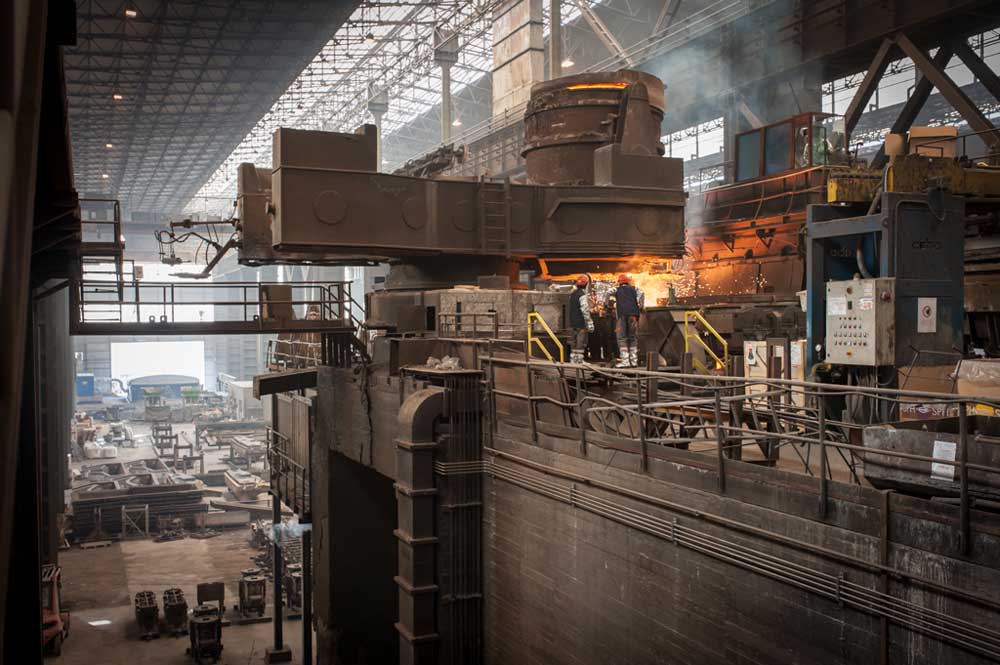European HRC prices were caught in a stalemate Sept. 8, with mills and buyers hesitant to make any sudden transactional moves so long as pricing uncertainty remains rife in the domestic market.
Automotive demand concerns coupled with cheap incoming imports have had prices teetering after they reached record highs, with fears of an imminent, albeit moderate, correction weighing on buyers’ minds, sources told S&P Global Platts.
Automotive contract negotiations for 2022 also commenced this week, with market chatter pointing toward a doubling in finalized contract prices in place for this year, though sources have yet to confirm those.
Mill offers for auto contracts were heard in the vicinity of Eur1,100-1,250/mt, though one European mill source cited a contract offer as low as Eur700/mt. This, however, was an extension of an existing 2021 auto contract.
“I haven’t had many opportunities to discuss any serious contract negotiations because we are sold out,” the same mill source said. “I am not offering anything as spot, so am not getting the feeling of what customers are ready to pay.”
Pricing uncertainty was also being fueled by the greater availability of steel on the market because of a lack of automotive demand, with the same source adding that the ongoing shortage of semiconductors and the recent restarting of blast furnaces could add more volume to the marketplace.
While European mill were still facing major backlogs and issues with production, the free-up of unwanted automotive volumes has allowed mills to get through their backlogs more rapidly and has eased pressure from the buy-side.
The influx of imports was another factor threatening prices lower, with volumes of Indian, Russian and Turkish material entering the EU — particularly Italian ports — at much cheaper prices.
“The ports are full in Italy,” the same mill source said. “I don’t know how much of that volume will be delivered in the market — it depends on the quotas. It might be that some material needs to stay [at the port] or another quarter.”
The Indian HRC import quota is now exhausted, with the last known allocation having occurred July 6. Turkey’s quota is now considered critical, with just 7%, or 24,167 mt, available of an initial 330,388 mt allowance.
Russia’s quota balance is practically exhausted, with 3,291 mt available from an initial 416,848 mt allowance.
South Korea still has some volumes available for import, with 35% of its quota balance still up for grabs. Close behind was Serbia, with 41% of its quota remaining.
— Amanda Flint






